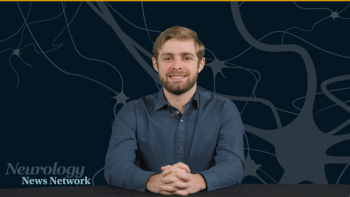
Regenxbio Receives CRL from FDA, NDA for Takeda’s Overporextin Accepted, ACP Abandons use of “Provider”
Neurology News Network for the week ending February 14, 2026. [WATCH TIME: 4 minutes]

Neurology News Network for the week ending February 14, 2026. [WATCH TIME: 4 minutes]
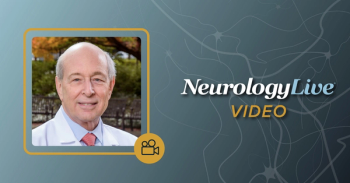
The professor of neurology at the University of Alabama at Birmingham talked about findings from a CREST-2 substudy presented at ISC 2026 showing that revascularization did not improve cognitive outcomes in patients with asymptomatic carotid artery disease. [WATCH TIME: 5 minutes]

Experts discuss the impact of genetic, lifestyle, and environmental factors on multiple sclerosis progression and disability management.
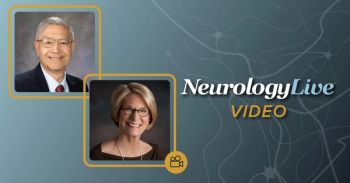
A duo of experts at ISC 2026 discussed results from a clinical trial of high-dose, home-based constraint-induced movement therapy in infants with perinatal arterial ischemic stroke. [WATCH TIME: 5 minutes]

Explore the complexities of disease biology, focusing on relapsing and progressive mechanisms that impact treatment and patient outcomes.

The Allen Geller distinguished professor of immunology at Duke University School of Medicine discusses the connection between Epstein Barr Virus and Multiple Sclerosis, citing decades of research that position EBV as a leading environmental risk factor and a potential therapeutic target in MS. [WATCH TIME: 4 minutes]

The assistant professor of medicine at the University of Toronto discussed whether multiple sclerosis can develop prior to Epstein–Barr virus infection and what new population data reveal about the long-standing causality debate. [WATCH TIME: 4 minutes]
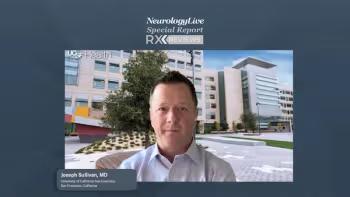
Joseph Sullivan, MD, talked about the importance of understanding the underlying etiology of LGS and revisiting treatment strategies as patients transition to adulthood.

The staff neurologist at Cleveland Clinic’s Mellen Center for Multiple Sclerosis provided background on a study presented at ACTRIMS 2026 focused on patient-reported barriers to timely multiple sclerosis treatment initiation. [WATCH TIME: 4 minutes]
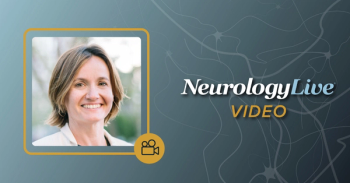
The associate professor of neurology at the University of California, San Francisco discussed the evolving approach to remyelination in patients with MS at the 2026 ACTRIMS Forum. [WATCH TIME: 3 minutes]
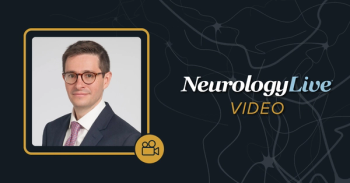
The staff neurologist at Cleveland Clinic discussed how evolving imaging and biological insights have reshaped the way clinicians define and talk about multiple sclerosis. [WATCH TIME: 3 minutes]

The senior research investigator at the New York Stem Cell Foundation discussed how human iPSC-based models can help dissect the cellular mechanisms underlying PIRA and progressive disability in multiple sclerosis. [WATCH TIME: 3 minutes]
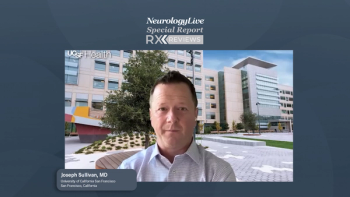
Joseph Sullivan, MD, discussed the evolving role of neurostimulation and surgery in managing drug-resistant epilepsies in adults, highlighting both practical limitations and emerging evidence.

Discover valuable insights and support for families navigating Dravet syndrome, emphasizing community connection and self-care for a hopeful journey.

The director of the Center for Clinical Ethics at Yale New Haven Health outlined how the AAN guidelines address the role of pharmacologic therapies in functional seizures, including what evidence exists and when medications should or should not be used. [WATCH TIME: 3 minutes]

Neurology News Network for the week ending January 31, 2025. [WATCH TIME: 4 minutes]

Families navigate the profound challenges of Dravet syndrome, balancing caregiving, emotional strain, and the quest for quality of life.

Parents navigate the complexities of epilepsy treatment as their children transition to adulthood, balancing medication and developmental needs.

Joseph Sullivan, MD, discussed the evolving recognition of genetically defined developmental and epileptic encephalopathies in adults and the importance of genetic testing for undiagnosed patients.

The director of the Center for Clinical Ethics at Yale New Haven Health provided insights on newly published guidelines for functional seizures, stressing the reasons for systemic psychiatric assessment and careful seizure characterization. [WATCH TIME: 3 minutes]
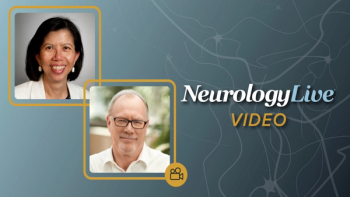
A duo of experts from CureDuchenne discussed how the inclusion of Duchenne muscular dystrophy on the Recommended Uniform Screening Panel can enable earlier diagnosis and inform decision-making in a rapidly evolving therapeutic landscape. [WATCH TIME: 7 minutes]
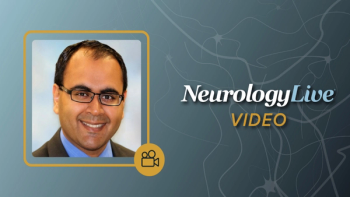
The associate chief medical officer at Michigan State University highlighted advances in neuromuscular disease, emerging therapeutic strategies, and the growing role of patient-reported outcomes at AANEM 2025. [WATCH TIME: 2 minutes]
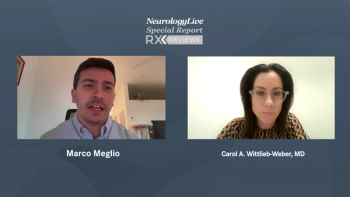
A forward-looking discussion on cardiac monitoring strategies, real-world data, and how vamorolone may apply across Duchenne and Becker muscular dystrophy.

The chief medical officer at Xenon Pharmaceuticals provided clinical insights on promising long-term, phase 2 data testing azetukalner, a first-in-class Kv7 channel opener, in patients with focal onset seizures. [WATCH TIME: 4 minutes]

The consultant neurologist at the National Neuroscience Institute discussed how artificial intelligence, biomarker development, and drug repurposing can help improve patient care in ALS. [WATCH TIME: 4 minutes]
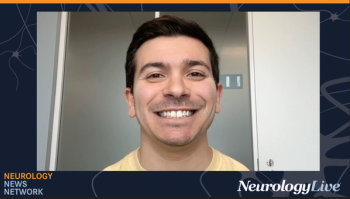
Neurology News Network for the week ending January 24, 2025. [WATCH TIME: 4 minutes]
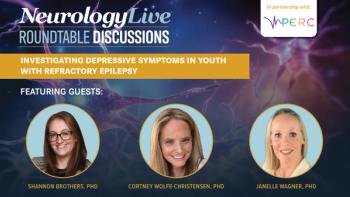
Pediatric specialists stressed that the future of epilepsy care may involve embedding behavioral health clinicians in specialty clinics to identify and treat depression early, improve quality of life, and potentially reduce seizure burden. [WATCH TIME: 3 MINUTES]
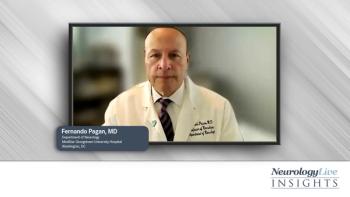
A panelist discusses how tavapadon’s safety profile may offer advantages over higher doses of levodopa and traditional D2/D3 dopamine agonists by potentially reducing the incidence of dose-related adverse effects while maintaining symptom control.

A panelist discusses how efficacy data from the TEMPO clinical trials suggest that tavapadon demonstrates promising benefits as both a monotherapy and adjunctive therapy to levodopa in adults with Parkinson disease.
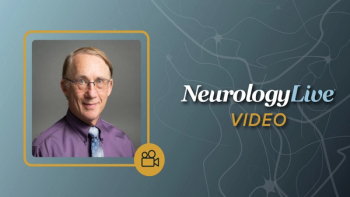
The professor of geriatrics and gerontology at the University of Wisconsin shared insights on prescribing the autoinjector formulation of lecanemab for patients living with Alzheimer disease. [WATCH TIME: 5 minutes]